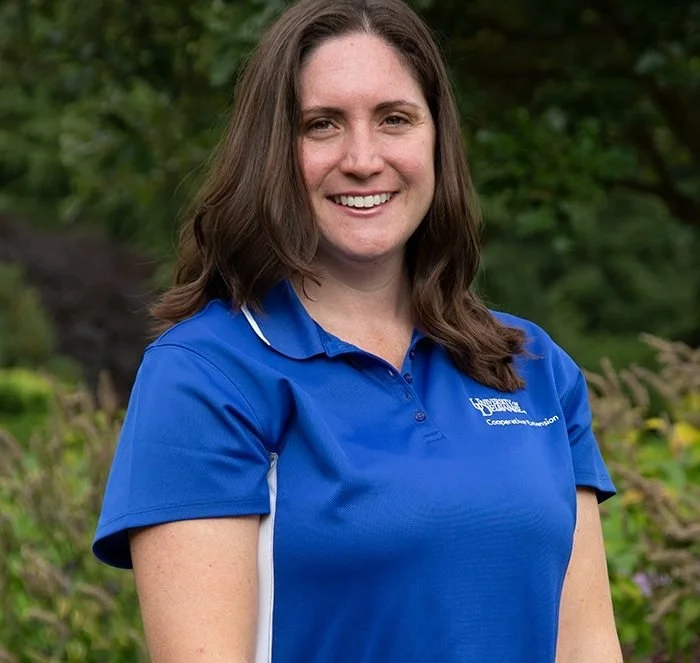
LEADelaware is an agriculture and natural resources leadership program designed to help build the next generation of leaders within the food and fiber industries. Program Fellows will be better equipped to understand and address challenges related to the local, regional, and global food system, economy, and environment.
Producers face greater risk, changing markets, a global economy, new technologies and pressures from development. Producers also find themselves stewards of their own environmental resources as well as those surrounding their operations. The need for leadership within the agricultural and natural resources sectors is essential.
Leadership is critical in any industry, enhancing resilience and adaptability. Leaders in the agriculture and natural resources sectors have the capacity to actively address political, social, and economic challenges that threaten the industry on a day-to-day basis. Agriculture and related industries have advanced with new technologies and production strategies, requiring experienced and trained advocates to provide a voice and direction for the future and furthermore engage and educate the public and policy makers about the significance and value of agriculture and natural resources.
In the LEADelaware framework, Program Directors and Curriculum Committee members invest in emerging leaders through a hands- on, class and tour based approach. Fellows learn the science and technical aspects of various industry topics; interact with industry professionals to share knowledge and experiences; develop leadership skills and engage in team building exercises. Fellows will be provided insights into social, political, and economic issues facing the food, fiber, and natural resources systems. Fellows will gain an understanding of the public policy process and facilitation skills to prepare them as emerging leaders.
LEADelaware classes take participants through a two-year program that will:
Provide an atmosphere of individual and group learning and growth
Build leadership skills and capacity of the participants
Provide opportunities for participants to practice these skills within the program
Facilitate this learning in the context of current agriculture and natural resource issues facing the state, country, and world
Click below to Learn more about the Program:
MEET THE STAFF
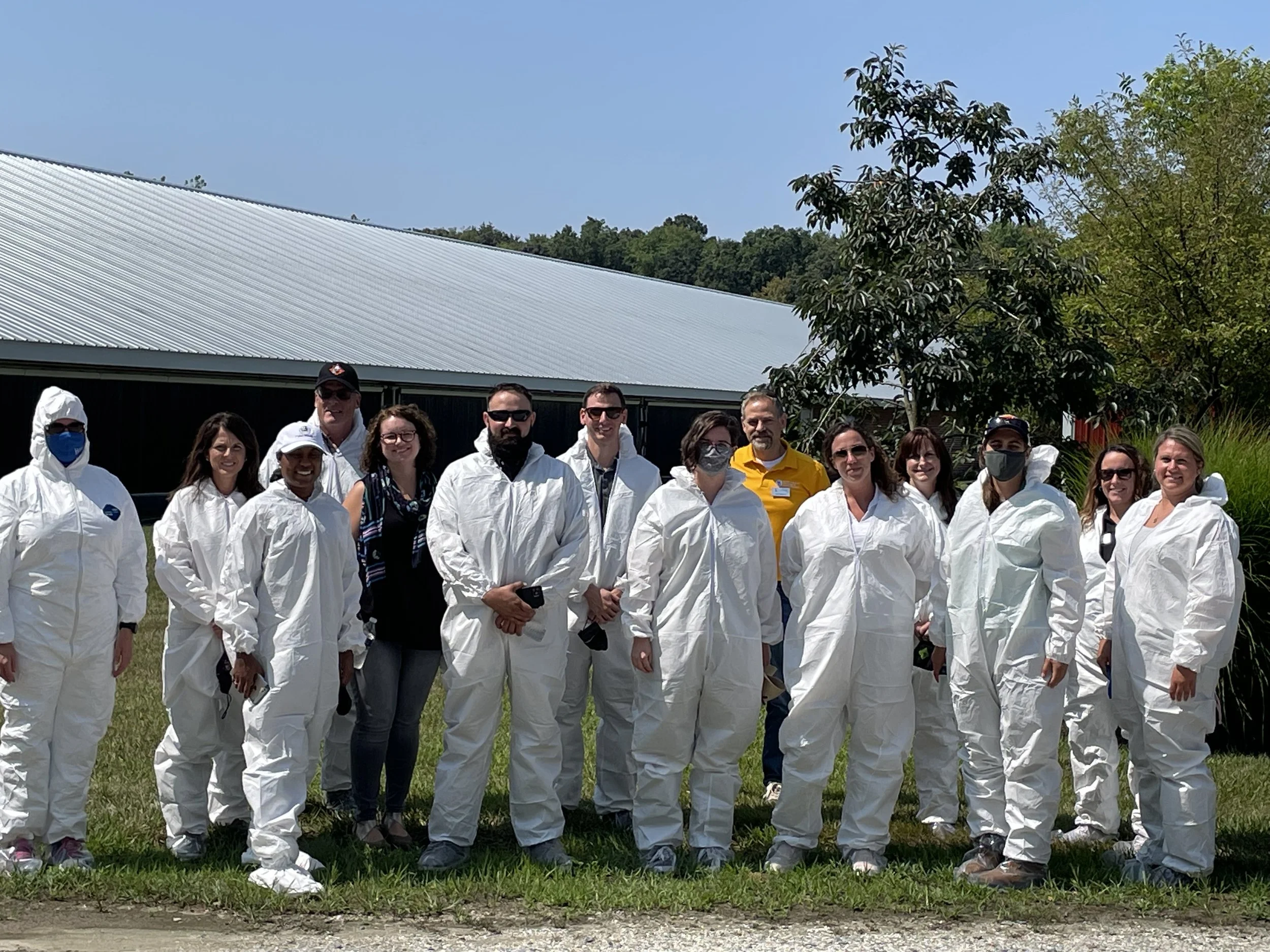
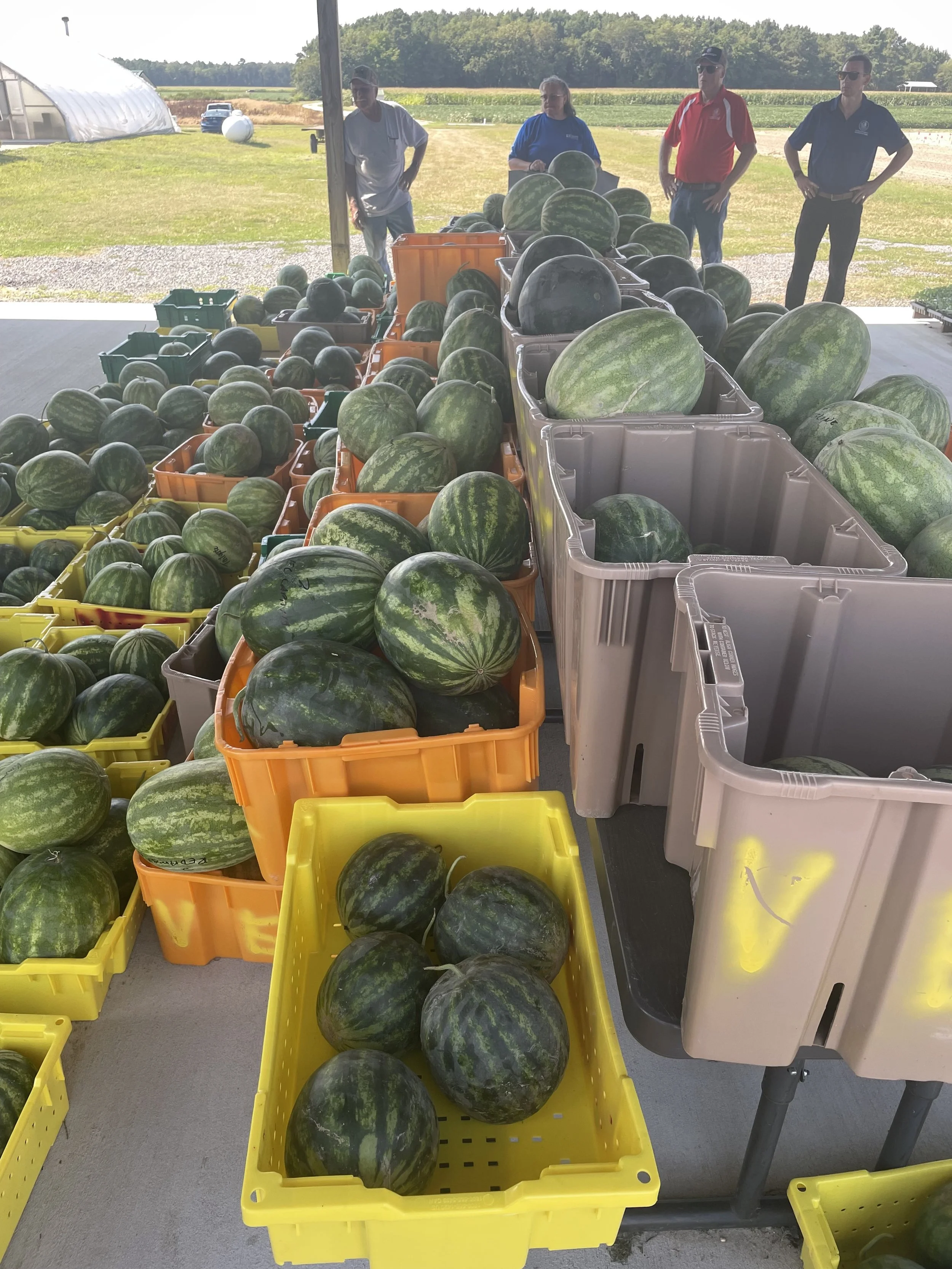
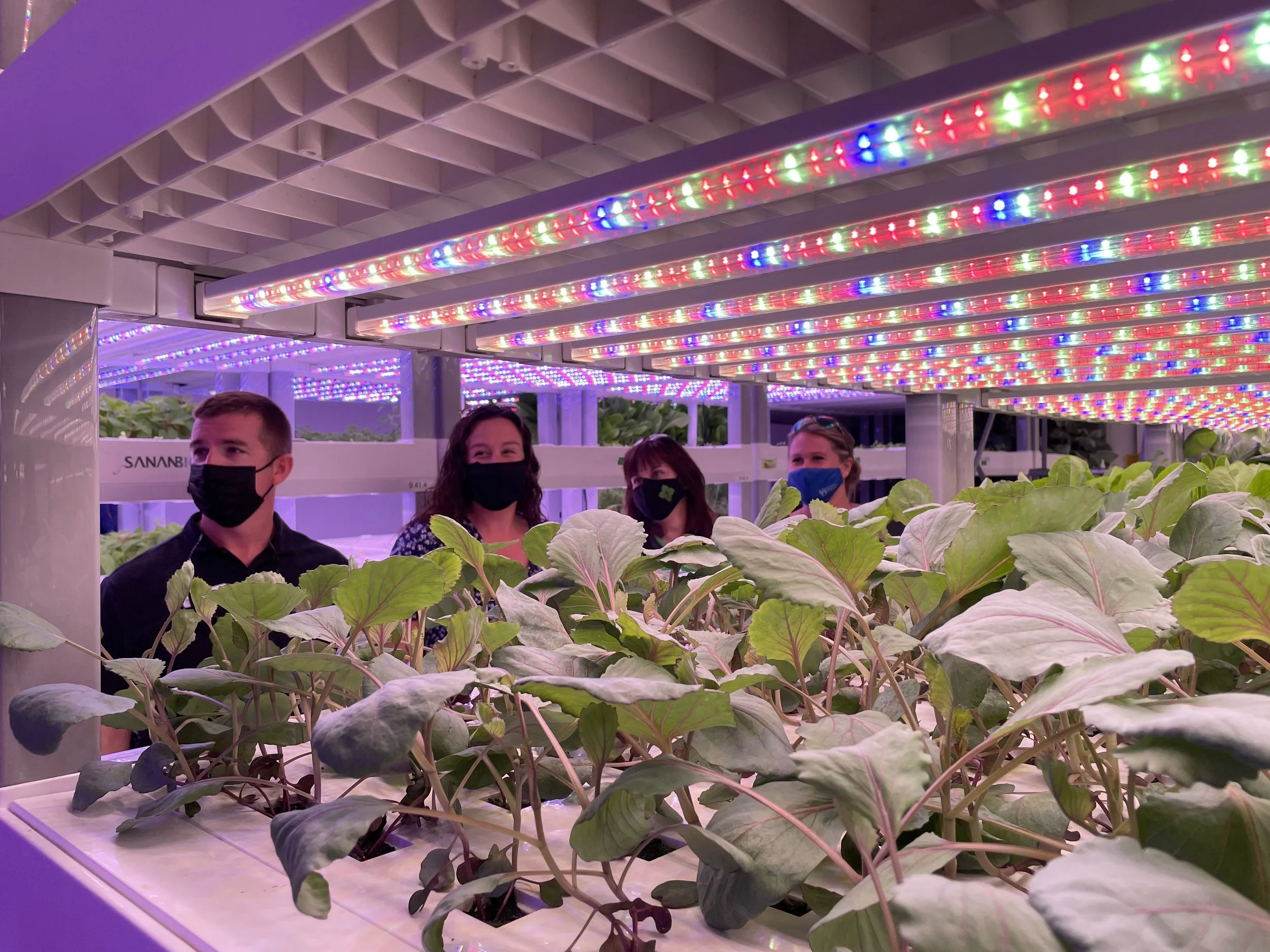
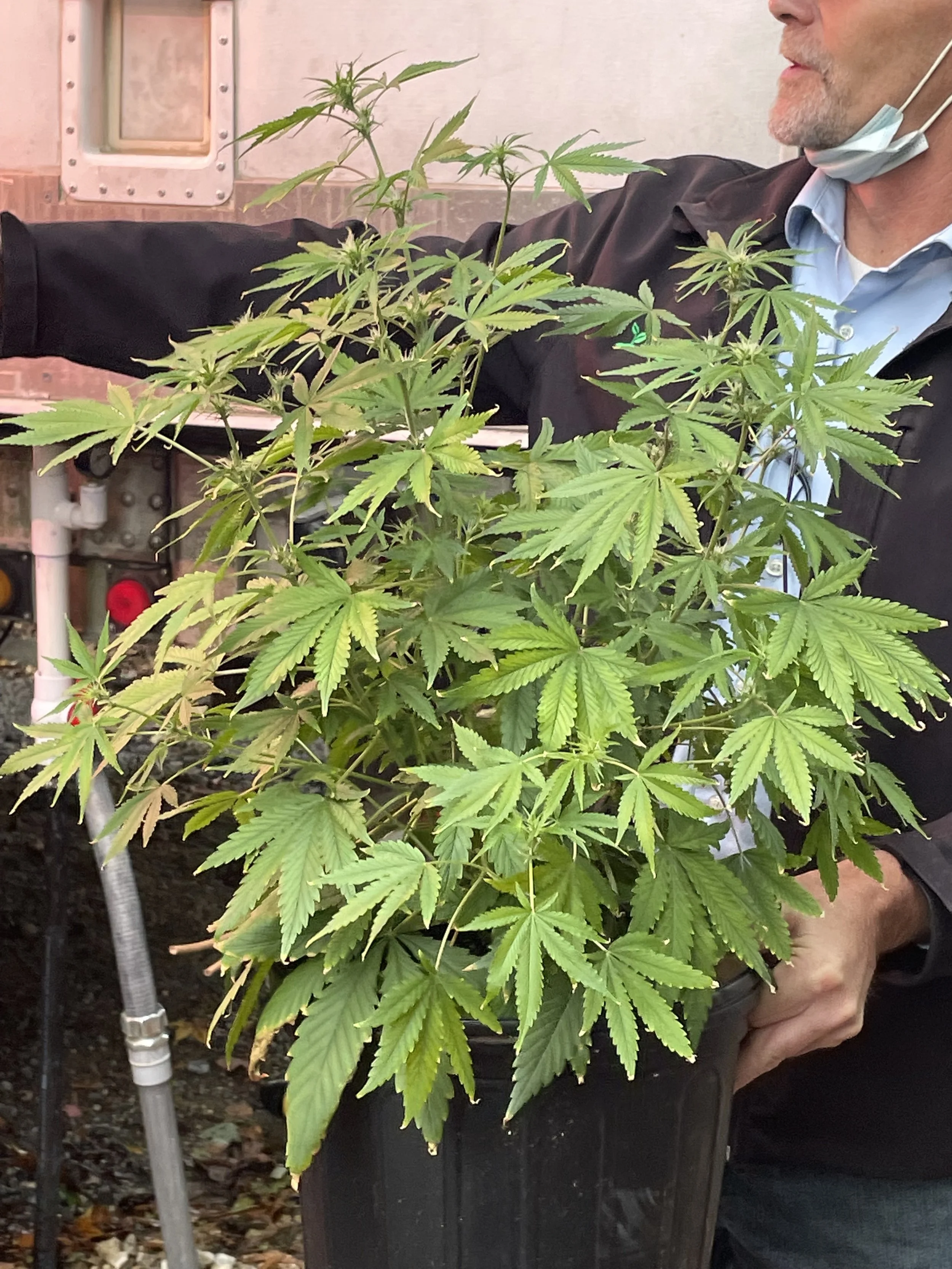
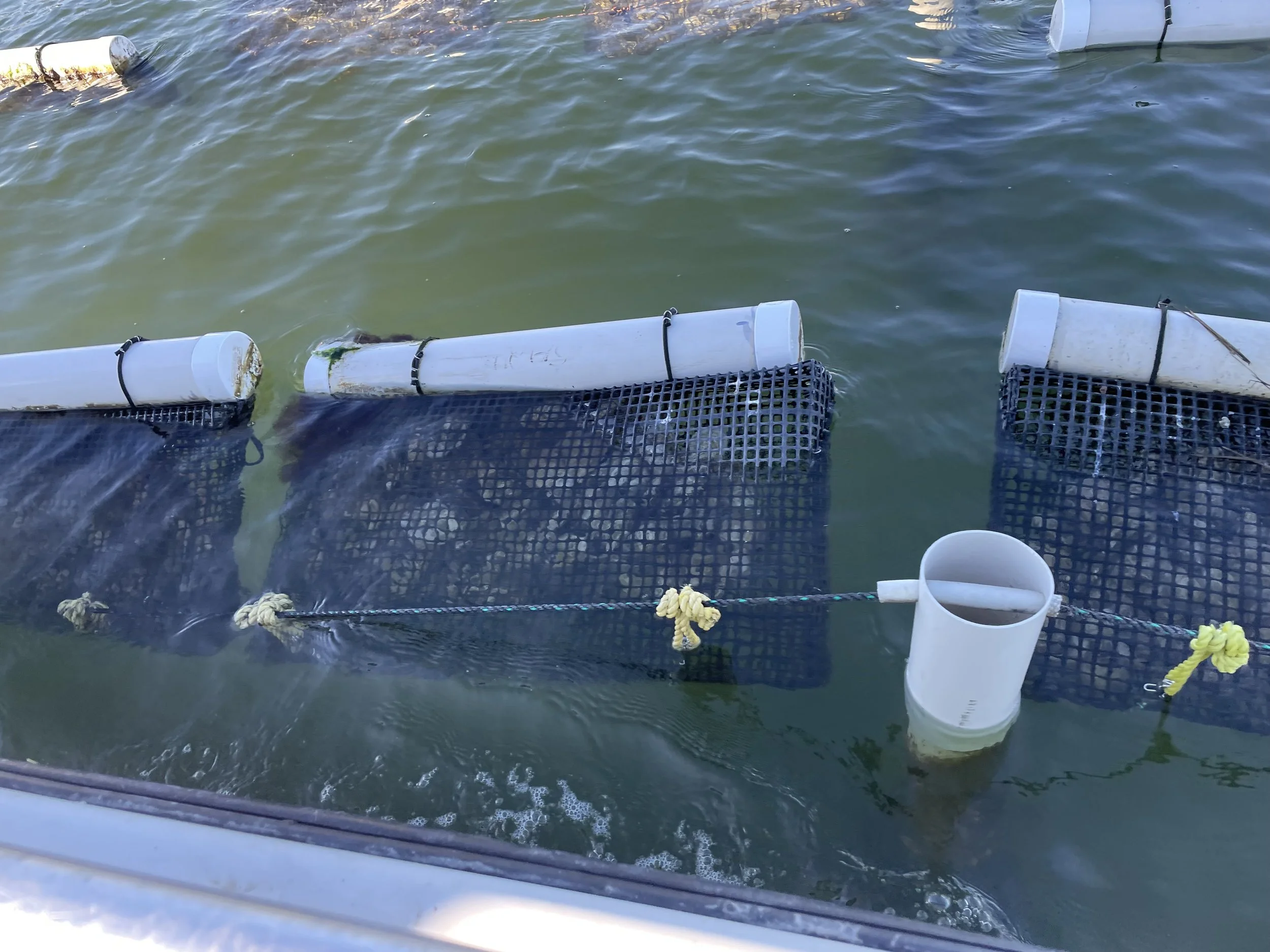


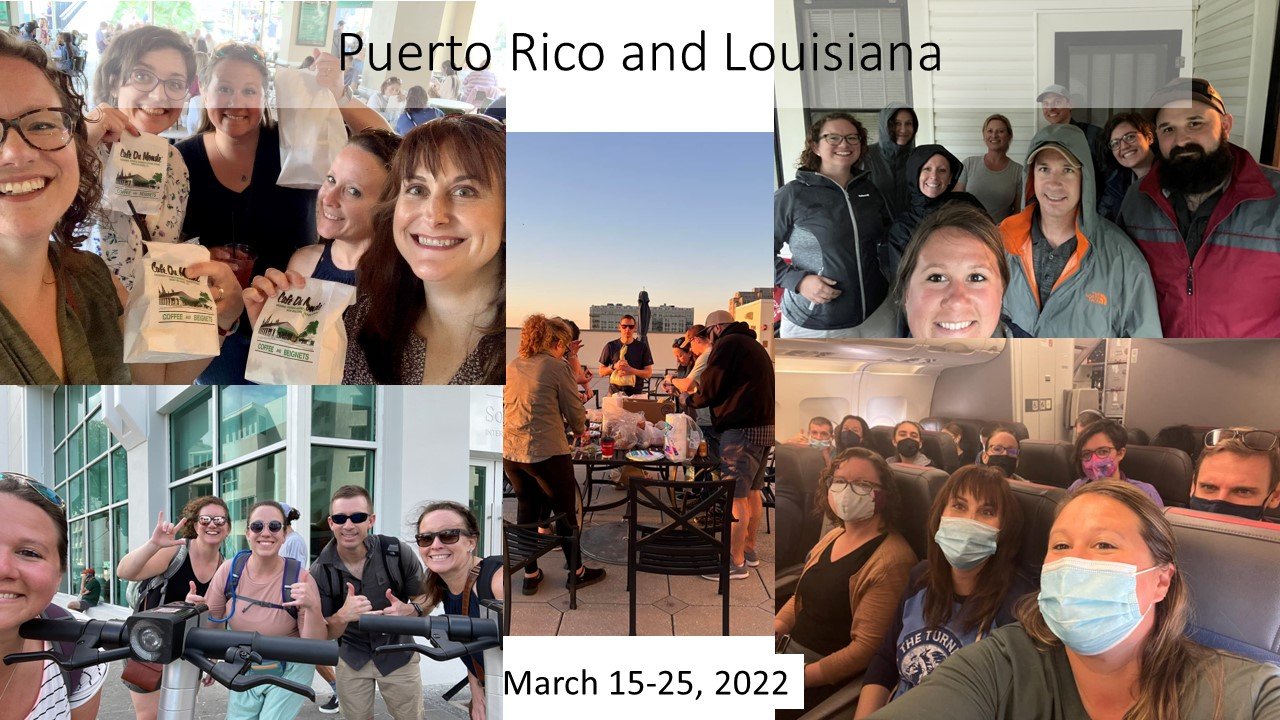

Delaware Agriculture Facts
*
Delaware Agriculture Facts *
-
only has 3 counties? They are New Castle, Kent and Sussex.
Capital: Dover
Population: 885,122
Founded: December 7, 1787 (1st)
State Bird: Blue Hen Chicken
State Tree: American Holly
State Flower: Peach Blossom
Number of Counties: 3
Largest City: Wilmington - 72,826
Nickname: The First State
Number of Farms: 2,500
Average Farm Size: 200 acres
Total Farmland: 510,253 acres
-
Corn is the #1 crop with soybeans being 2nd
Apples are the #1 fruit crop
Broilers are the most valuable farm product
-
Wilmington is the largest city in Delaware
Bob Marley lived in Wilmington for 12 years
Delaware is nicknamed the ‘First State”
Henry Heimlich the creator of the Heimlich Maneuver is from Delaware.
Delaware was named after the 1st governor of Virginia, Sir Thomas West, Lord De La Warr
The Poultry and egg industry in Delaware is 75% of the overall agricultural production.
Delaware is the 2nd smallest state in the country after Rhode Island
The ladybug is the state bug and the Eastern Tiger Swallowtail is the state butterfly
Delaware has 86 endangered species
Old Swedes Church built in 1698 still stands today in Wilmington
Delaware Bay has the largest population of horseshoe crabs in the world.
the Delaware Memorial Bridge is one of the longest suspension bridges in the world.
Delaware has the 22nd longest coastline in the country.
Delaware is home to 7,200 colonies of bees.




